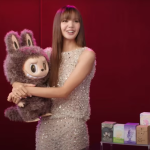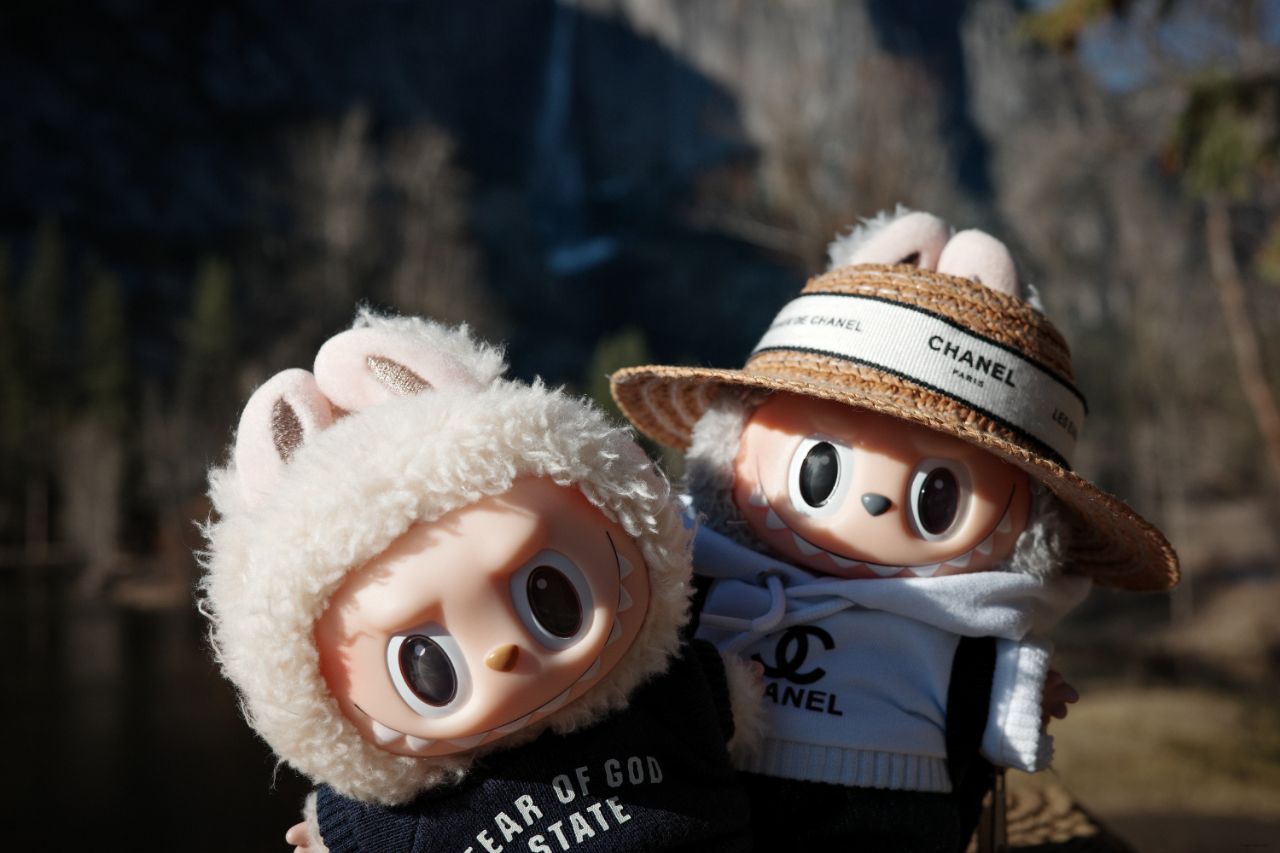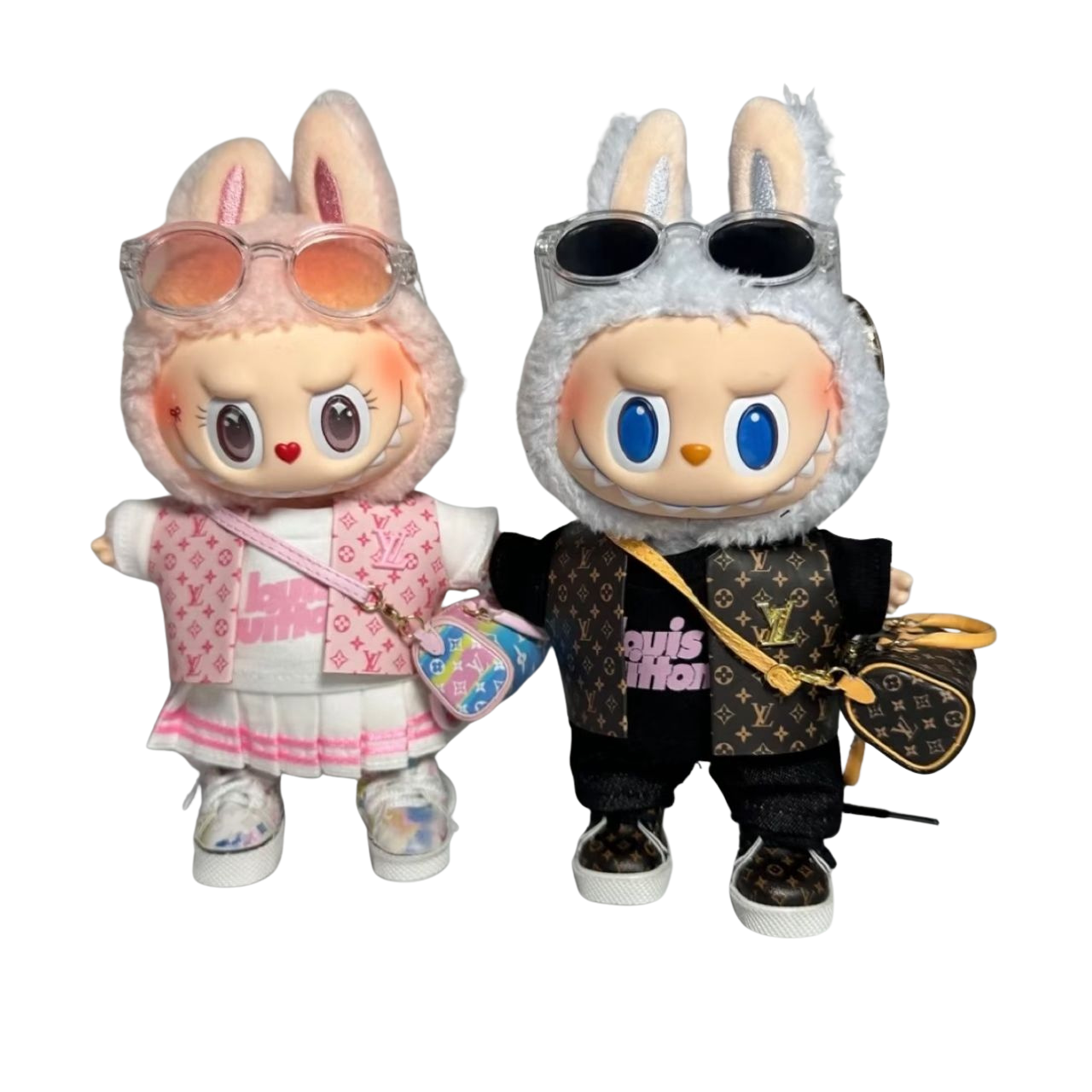In recent months, a quirky plush toy has sparked a global buying frenzy. Meet Labubu—the rabbit-eared, big-eyed, sharp-toothed character that’s become the latest pop culture obsession.
At the heart of this phenomenon is Wang Ning, a millennial entrepreneur who turned his passion for surprise toys into a billion-dollar empire. He’s the founder of Pop Mart, the Chinese collectible giant responsible for the Labubu sensation.
From Shanghai to the World
Visit the world’s largest Pop Mart store in downtown Shanghai, and you’ll find customers lining up just to touch a Labubu. Despite being unable to purchase one on the spot, fans take photos with the limited display models, hoping they’ll soon get their hands on the real deal. The demand is so overwhelming that there's a three-month waiting list for some designs.
The craze isn’t limited to China. In the UK, fights broke out in store queues, prompting Pop Mart to pause sales temporarily. Even counterfeit Labubus are selling out on Chinese e-commerce platforms, with knockoffs going for around ¥30 (≈€3.60), while the original 17cm version retails for ¥99 (≈€12). On resale markets, prices can soar into the hundreds of euros.
The Man Behind the Madness
It all started in 2010, when Wang Ning opened a small toy shop in Beijing after a stint in advertising. The real breakthrough came with "blind boxes"—sealed packages with a surprise collectible inside. By 2014, Pop Mart had installed vending machines with these toys across over 20 countries.
In 2024, Pop Mart’s revenue skyrocketed by 107%, hitting €1.5 billion. The company’s stock surged, and Wang’s net worth climbed to $22.7 billion, making him the youngest billionaire in China.
Labubu itself was created by Hong Kong artist Kasing Lung, who drew inspiration from Nordic mythology. Since its debut in the The Monsters series in 2019, Labubu has evolved into a cultural icon. A giant Labubu plush recently sold for €130,000 at auction in Beijing. Some rare collector models are listed for over €1,000.
A Symbol of Modern Chinese Pop Culture
Labubu has become more than just a toy—it’s a luxury accessory. On Douyin (China’s TikTok), influencers flaunt their Labubus dressed in designer outfits, decked out in gold and even adorned with diamonds. Some banks in China offered Labubus as a reward for fixed deposits of ¥50,000 (€6,000), though authorities have since banned this practice.
Even China’s state media has acknowledged the Labubu boom. Major outlets like People’s Daily and Qiushi have praised it as a symbol of China’s growing cultural influence—on par with global successes like the video game Black Myth: Wukong or the animated film Ne Zha 2.
As China shifts from a manufacturing powerhouse to a creative innovator, Labubu is proof that the country’s soft power is stronger than ever. So strong, in fact, that smuggling rings have started bringing Labubus from overseas into China, where the demand is relentless. Just last week, customs seized 318 plush toys from travelers entering Changsha Airport.
From Lisa to Beckham: A Global Fanbase
Labubu’s rise began when Lisa from BLACKPINK was spotted with one on her designer bag. Soon after, celebrities like Rihanna, Dua Lipa, and even David Beckham followed suit. With global icons backing it, Labubu has cemented its place as the face of a new wave of collectibles—cute, exclusive, and irresistibly cool.



